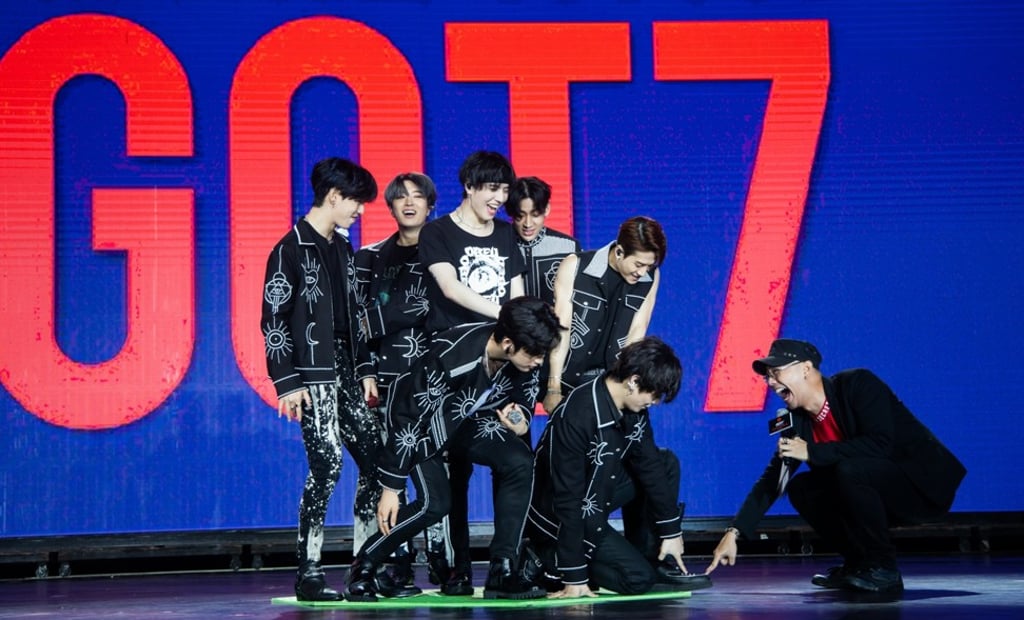Will BTS ever perform in China? How K-pop and Korean culture is being kept out of Asia’s largest market

K-pop, K-drama and ‘hallyu’ pop culture has taken the globe by storm in 2019, but next-door neighbour China tightly restricts Korean artists’ access – do recent visits by Winner, Got7 and Seventeen suggest thawing diplomatic relations?
K-pop juggernaut BTS staged gigs in 23 cities around the globe during its world tour this year, but the seven-piece band did not perform in one rather noteworthy neighbouring country – China.
The 2019 Cannes-winning comedy-thriller Parasite, by South Korean auteur Bong Joon-ho, was to be screened at a Chinese film festival in July, but China suddenly called it off due to a “technical reason”.
These are just a few examples of China's “unofficial” restrictions on hallyu, or Korean culture, imposed since 2016. It is believed to be part of Beijing's retaliation against Seoul triggered by a dispute over deployment of a US missile defence system – the Terminal High Altitude Area Defence (THAAD) – on Korean soil. China saw the deployment as “threatening” to its national security. But Korea set up the system in Seongju, North Gyeongsang Province, in 2017. In the aftermath, Korean films, dramas and concerts were practically banned in China.
“China today aims to boost its domestic entertainment industry with its own strength. It has received help from Korean culture and joined forces with Seoul to foster its own industry, but now it believes the country has already gained a foothold to stand alone. Hence, Beijing thinks hallyu is unnecessary for them.”

Nevertheless, hallyu's resurgence in China is still in doubt and recent events are not signs of an easing of restrictions, according to an expert and an industry source. China’s top diplomat, Foreign Minister Wang Yi, also visited Seoul but didn't give any indication that China would lift the constraints.
The cause of the crackdown
“THAAD seems to be a pretext for the restrictions,” said Lim Dae-geun, a professor of Chinese cinema studies at Hankuk University of Foreign Studies (HUFS). “The gist of the matter is the Chinese government's overall stance and attitude toward foreign cultures. Unless China changes its tune, it will be challenging for hallyu to enjoy the popularity it did before 2016.
“China today aims to boost its domestic entertainment industry with its own strength. It has received help from Korean culture and joined forces with Seoul to foster its own industry, but now it believes the country has already gained a foothold to stand alone. Hence, Beijing thinks hallyu is unnecessary for them.”